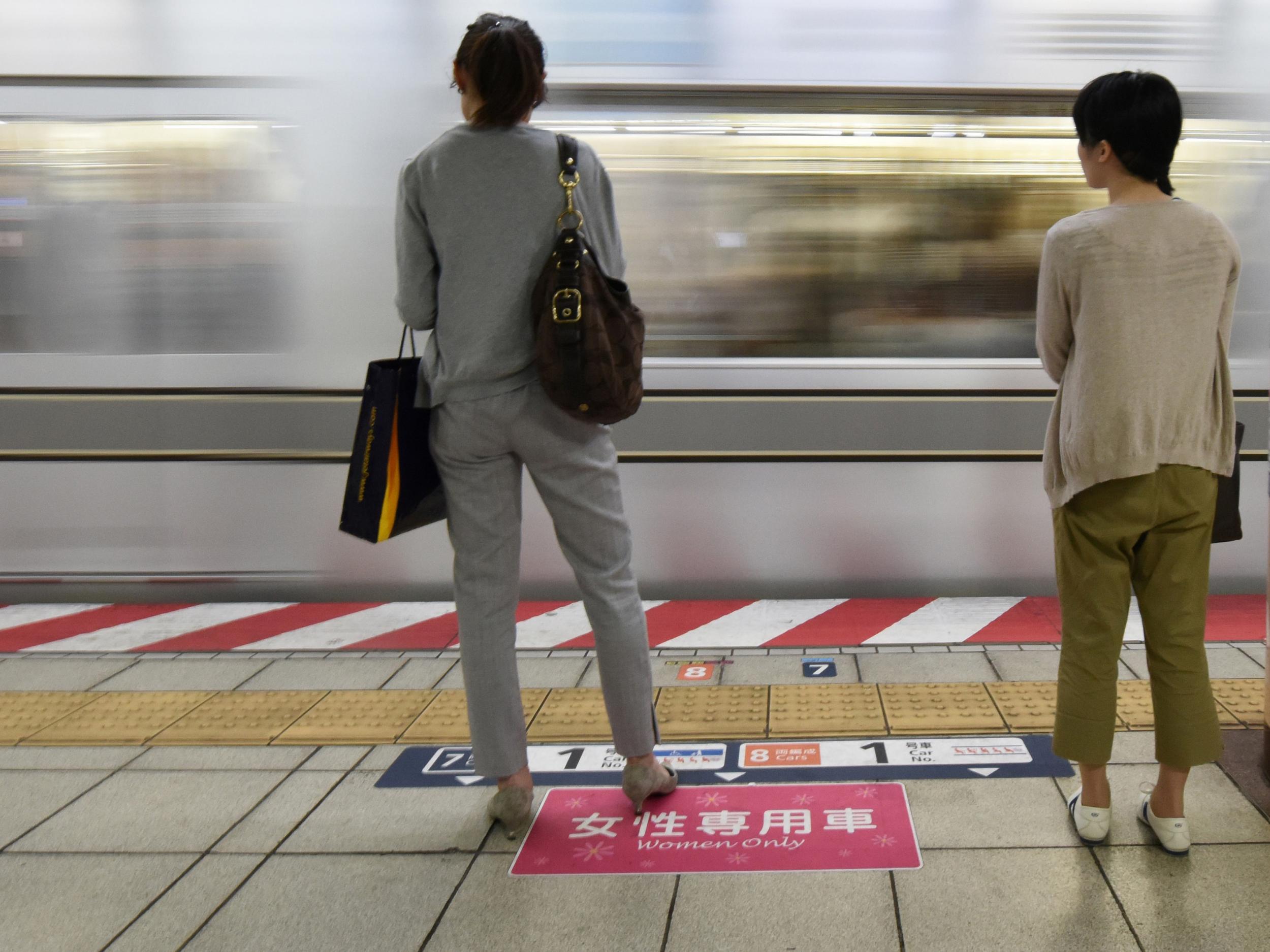Women-only train carriages: Labour MP prompts anger with idea to stop rise in sexual offences
While segregated travel is available in some parts of the world, including India, Iran and Brazil, ‘ladies only’ compartments were phased out on British railways in 1977

Your support helps us to tell the story
From reproductive rights to climate change to Big Tech, The Independent is on the ground when the story is developing. Whether it's investigating the financials of Elon Musk's pro-Trump PAC or producing our latest documentary, 'The A Word', which shines a light on the American women fighting for reproductive rights, we know how important it is to parse out the facts from the messaging.
At such a critical moment in US history, we need reporters on the ground. Your donation allows us to keep sending journalists to speak to both sides of the story.
The Independent is trusted by Americans across the entire political spectrum. And unlike many other quality news outlets, we choose not to lock Americans out of our reporting and analysis with paywalls. We believe quality journalism should be available to everyone, paid for by those who can afford it.
Your support makes all the difference.Labour shadow minister Chris Williamson has come under fire from his own colleagues after suggesting women-only train carriages may be needed in the UK to tackle a rise in sexual assaults.
Highlighting the growing number of sexual offences reported to British Transport Police over the last year, the MP for Derby North said it would be “worth consulting” on the policy which could help create a “safe space” for female commuters.
But Mr Williamson’s suggestion was quickly derided by his colleagues, with one adding it amounted to “giving up on trying to prosecute assaults”.
While segregated travel is available in some parts of the world, including India, Iran, Japan and Brazil, “ladies only” compartments were phased out on British railways in 1977.
An attempt to reintroduce them was first floated by Jeremy Corbyn during the 2015 leadership campaign but was quickly dropped following criticism from across the political spectrum. His rival at the time, Liz Kendall, said such a policy would be “an admission of defeat, rather than a sustainable solution”.
Mr Williamson’s comments come as the latest figures show that 1,448 sexual offences on UK trains were reported in 2016-17 to the British Transport Police – up from 650 in 2012-13.
“It would be worth consulting about it,” the shadow emergency services minister told Politics Home. “It was pooh-poohed [when Mr Corbyn suggested it] but these statistics seem to indicate there is some merit in examining that.”
He continued: “Complemented with having more guards on trains, it would be a way of combating these attacks, which have seen a worrying increase in the past few years.
“I’m not saying it has to happen, but it may create a safe space. It would be a matter of personal choice whether someone wanted to make use of it.”
Responding to his comments the Labour MP Jess Phillips said it was “an absolutely terrible idea” that amounted to “giving up on trying to prosecute assaults”.
“Also men should be incredibly annoyed by suggestion they can’t control themselves,” she added. “Sexual violence isn’t about urges it’s about power. If you take your feminist cues from Saudi Arabia you’ve gone wrong.”
The Walthamstow MP Stella Creasy added: “Doesn’t keep women safe to restrict their movements – it normalises attacks. We need to be clear they are problem, not women’s seating plans.”
On the subject, in 2015, the Labour leader said: “My intention would be to make public transport safer for everyone from the train platform to the bus stop to the mode of transport itself.
“However, I would consult with women and open it up to hear their views on whether women-only carriages would be welcome – and also if piloting this at times and [on] modes of transport where harassment is reported most frequently would be of interest.”
Join our commenting forum
Join thought-provoking conversations, follow other Independent readers and see their replies
Comments